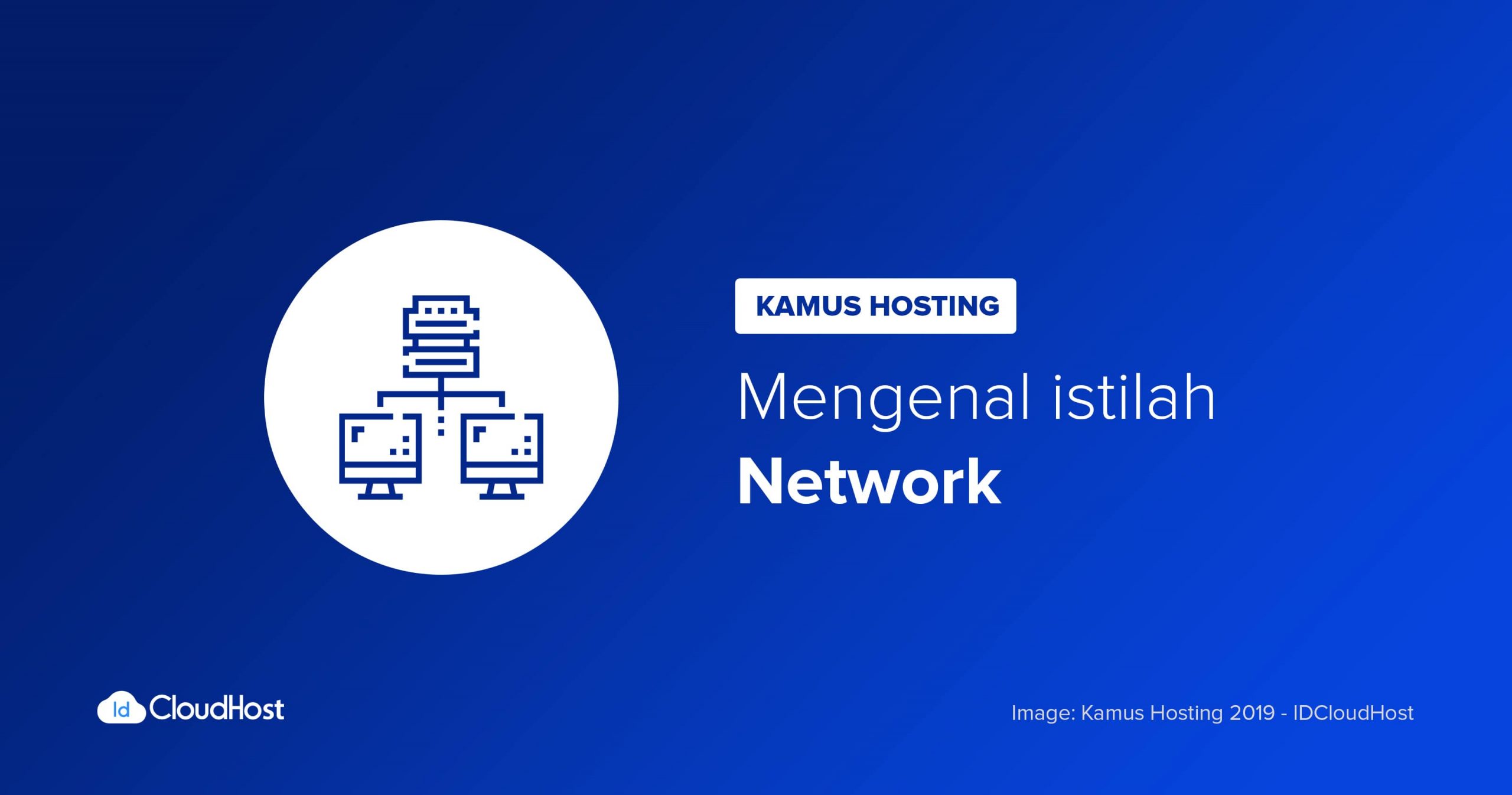What is Network
what is network?
Introduction
The Internet is a vast network of interconnected computers that allows people to share information, communicate and make purchases. Search engines are the most popular way for people to find specific information on the Internet. They allow users to search for specific terms or phrases and then present them with results based on how related those words are to each other.
search engine
Search engines are websites that allow users to search for information on the internet. They use algorithms to determine what webpages are relevant and provide a list of links to them.
There are many different types of search engines, including Google, Bing, Yahoo!, and Wikipedia. Each has different strengths in different areas of information discovery.
Search engines are used for many different things. They can help you find information about a topic, find specific websites, or locate files on the internet. The most well-known search engine is Google, but there are others that may offer better results in specific areas of research.
Search engines such as Google, Bing and Yahoo allow users to search the Internet for a specific term or phrase.
Search engines are the gateway to the internet. They are the most popular way to find information on the Internet and they allow you to search for specific information based on keywords or phrases.
Search engines such as Google, Bing and Yahoo allow users to search for any type of content (text, images, videos etc.) using keywords or phrases that describe what you need. For example if I wanted to find an image of my favorite singer Beyoncé then I could type in "Beyoncé" into my browser followed by other relevant keywords such as "black dress," "white shirt," etc., after which my browser would provide me with several pages containing images related solely to this topic!
search engine optimization
Search engine optimization (SEO) is the process of improving the visibility of a website or web page in search engines. SEO can be done by optimizing content, writing good Meta tags, creating links to other sites and getting reviews from experts.
The goal of SEO is to increase traffic to your site through various techniques such as keyword analysis and link development.
Search engine optimization involves optimizing the content of your website to make it more visible in search engines.
Search engine optimization (SEO) is the process of improving your website to make it more visible in search engines.
The first step in SEO is creating content that's useful and relevant for users. The second step is optimizing your site for search engines so that when people Google a topic related to you, they'll find you first instead of some other site that has much less relevant information.
This process takes time, but it can be done successfully over time if done right.
premium listing
Premium listings are advertisements that some search engines sell at a higher price than regular listings. They appear at the top of the page when someone searches for a word or term that is related to your company's products or services.
Premium listings allow you to place an ad in front of potential customers who are searching for information about what you offer.
Premium listings are advertisements that some search engines sell at a higher price than regular listings. They appear at the top of the page when someone searches for a word or term that is related to your company's products or services.
Premium listings are advertisements that some search engines sell at a higher price than regular listings. They appear at the top of the page when someone searches for a word or term that is related to your company's products or services.
Premium listings charge you money every time someone clicks on them, which means you can expect to pay more if you want to be in front of customers when they're looking for something related to your business.
pay-per-click ad
Pay-per-click advertising, or PPC, is a type of online marketing in which companies pay to have their advertisements displayed on the pages of other websites. When you click on one of these ads, it's usually because you've been directed there by an ad network (a third party that helps advertisers do their bidding).
In this scenario, your browser sends some information about what website you're visiting (e.g., IP address) and how long you stayed there before moving on—along with any keywords or phrases used in the search engine query—to the advertiser's servers so they can determine why people are clicking through their ads in the first place (and whether those clicks lead anywhere interesting).
Pay-per-click ads are advertisements that you pay for each time a Internet user clicks on them. These ads appear next to search results when someone types in a specific word or phrase, and often look similar to organic results.
Pay-per-click ads are advertisements that you pay for each time a Internet user clicks on them. These ads appear next to search results when someone types in a specific word or phrase, and often look similar to organic results.
Pay-per-click ad placement is based on the amount of traffic your site receives (like Google's AdWords), as well as how well your website performs in searches related to what you're selling. This can be anything from "low" through "high".
Conclusion
In conclusion, we can see that the network has many different aspects that make it useful for everyone. The Internet has become an essential part of our lives, so it's important to understand how some of these networks work and what they mean for your business.

